Brief chalking history
To the Student Body:
Chalking was not originally banned because of racist, homophobic, or anti-Semitic messages. Chalking was banned mainly because of queer political chalkings that some found to be offensive and unproductive. I was part of the class of 2006 originally and so I remember the uproar over political chalking and how criticisms were aimed mainly at the Queer community. Contrary to current public discussion, however, chalking was not banned to protect minorities from harassment; it was banned in order to silence them.
It is of utmost importance that students who were not on campus for the moratorium realize that the current dialogue differs significantly, and suspiciously, from what was really being said about chalking when the moratorium was instituted. Many of the queer chalkings were caustic, inflammatory, and sexually explicit. That was the point. Their explicit nature was part of what made them thought-provoking. As one of the many chalkers, I can say that people were supposed to be offended, though ultimately self-reflective. That the messages crossed the line was what made them messages worth reading.
When chalking was banned, what had once been a main venue for minority voices was entirely disassembled. Homophobic, anti-Semitic, and racist messages, however, continued to appear across campus on bathroom and dorm walls, student’s doors, and in other communal spaces even after the moratorium. Only now, the responses by the student community to such bigotry were being erased off the side walks every morning. Had chalking truly been banned to prevent homophobia, anti-Semitism, and racism, as the current public discourse on the subject suggests, the President and those behind him would have quickly realized the futility of the ban.
Sadly, much of the student opposition to chalking, though by no means all, came in later years from within the queer community and mainly from white, gay males who in my opinion were and are still indicative of a broader gay cultural phenomenon advocating self-repression in the name of, ironically, “acceptance.” Many of these opponents missed the political point of queer chalkings, and chose instead an approach of appeasement and political sacrifice. The ideological arguments have since raged on, as the last couple years of Wespeaks will demonstrate.
Whether you are for chalking or against it, speak to students who were here when it was banned, regardless of what side of the debate they were on when it happened. Some of my fellow 06’ers are still here as super-seniors and graduate students and I encourage them to voice their experiences. Do not let the chalking issue become erased and rewritten as part of a strategy to stifle opposition to policy change. Consider the political nature of this ban and who it benefited.


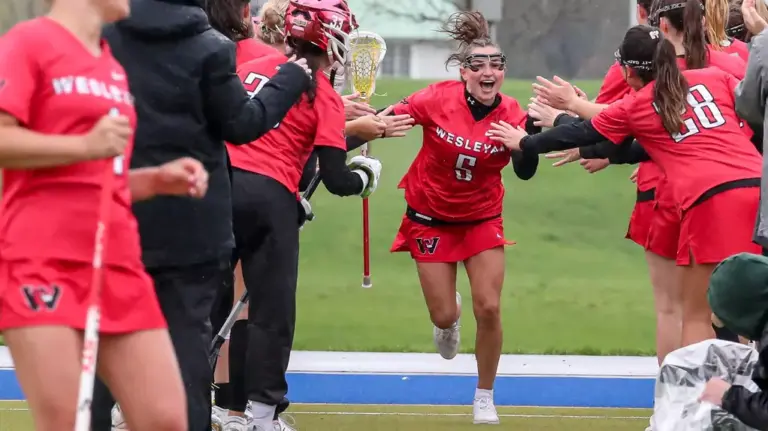
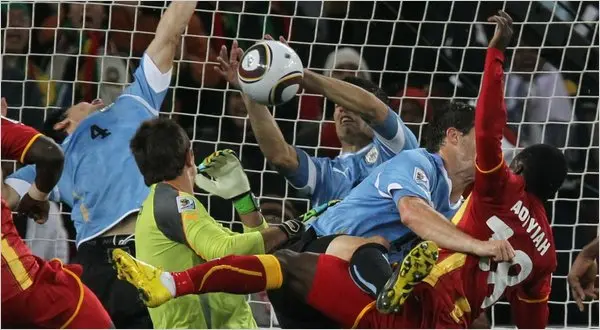
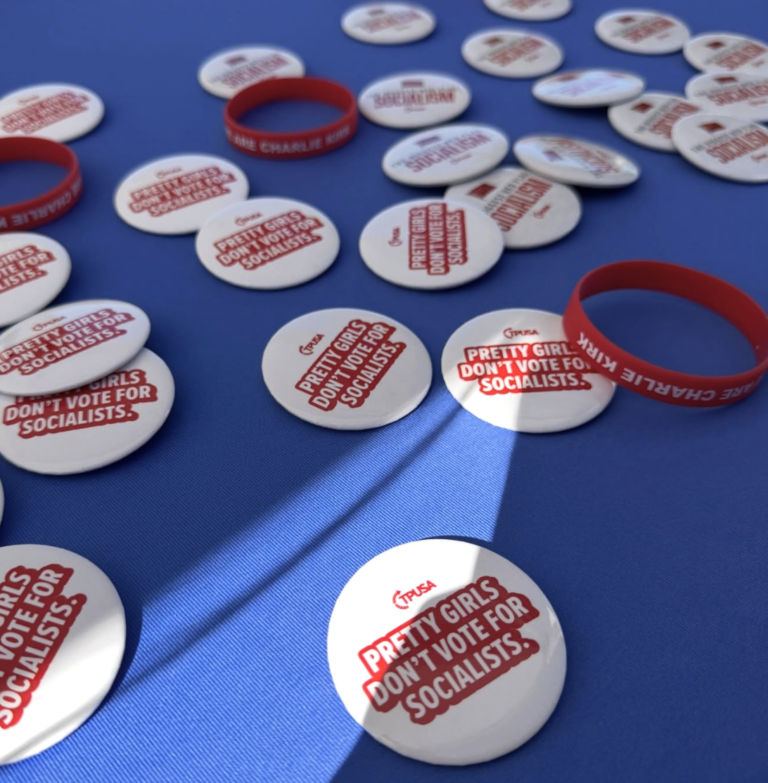
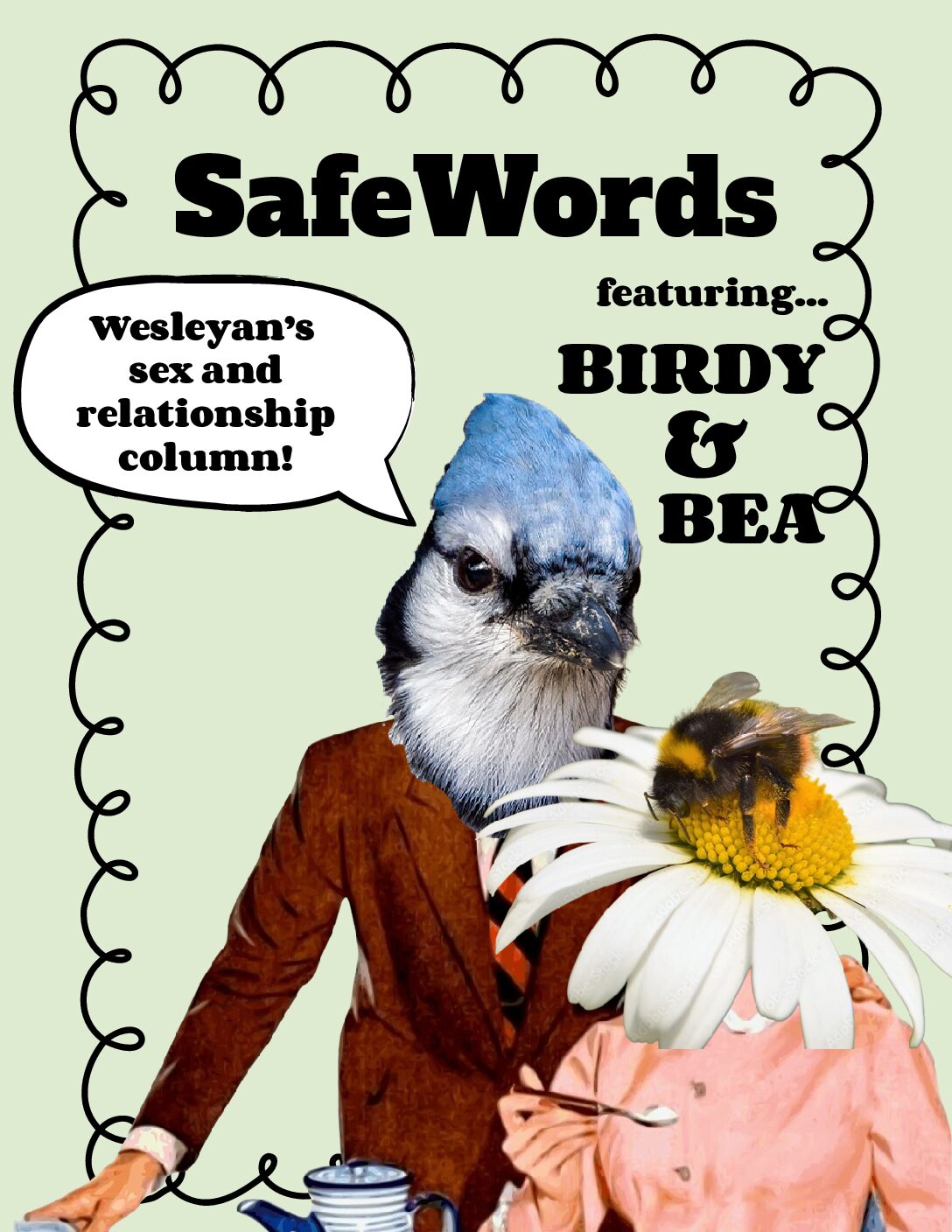
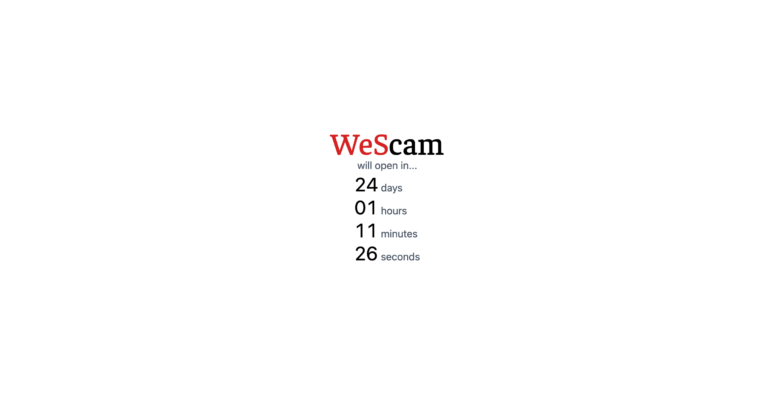
Leave a Reply